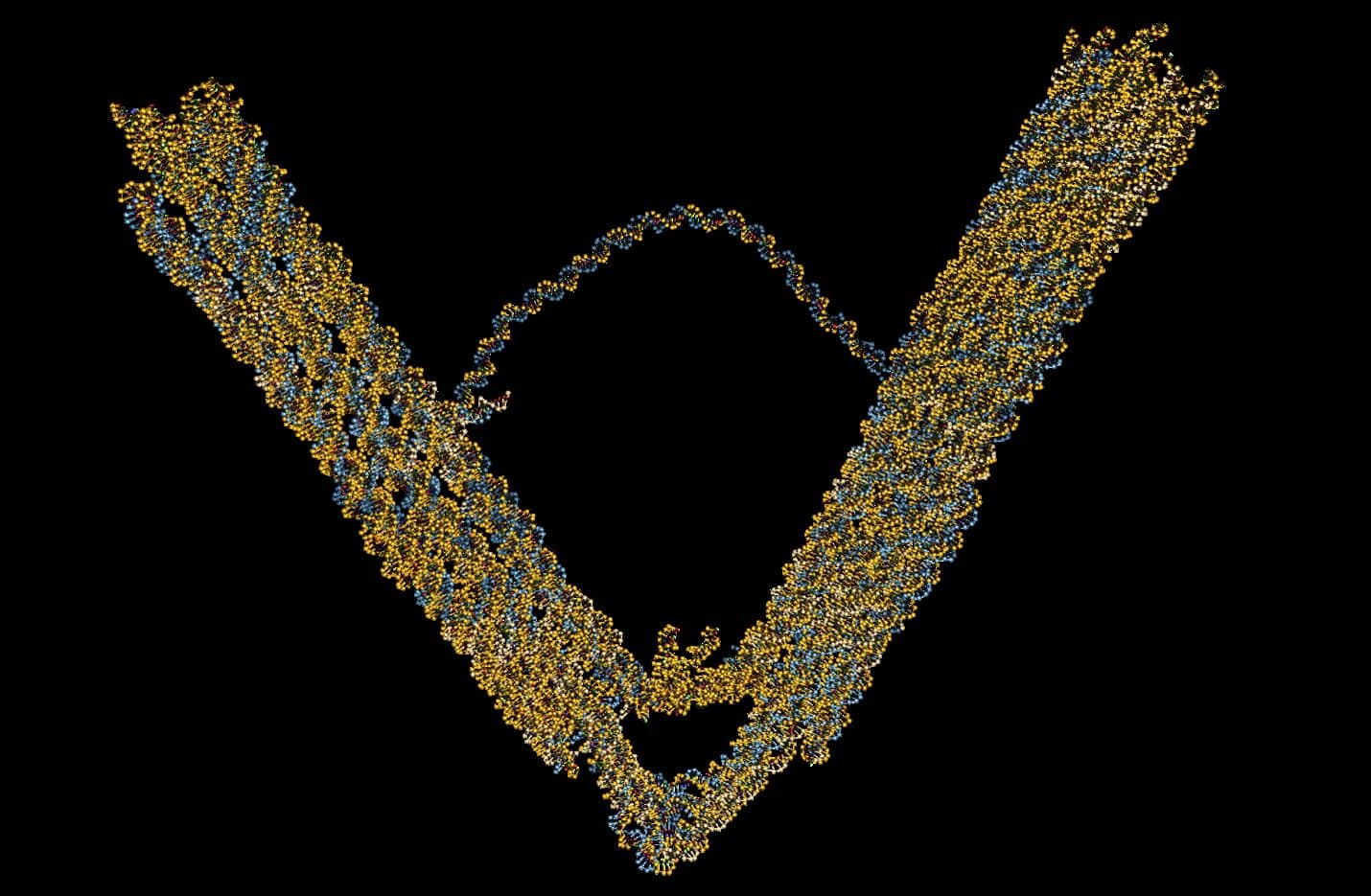By American Association for the Advancement of Science (AAAS)
March 15, 2022

Analysis of SARS-CoV-2 reinfection risk in South Africa reveals differences among variants of concern.
The Omicron variant of SARS-CoV-2 evades immunity from prior infection, an analysis of routine surveillance data from South Africa indicates.
Early in November 2021, South African scientists spotted SARS-CoV-2 reinfections consistent with the timing of the emergence of the Omicron variant (B.1.1.529). To address whether circulation of this and also other variants of concern was associated with increased reinfection risk, Juliet Pulliam et al. evaluated a population widely infected by SARS-CoV-2.
Using a model built to project the expected number of reinfections, Pulliam et al. found that Beta or Delta variants rarely caused reinfection. However, the authors observed reinfections increase above what would be expected after early November 2021, the period of Omicron circulation.
This is a signature of immune evasion, the authors say, and the timing suggests it was associated with the emergence of the Omicron variant, which exhibits multiple mutations in the Spike protein.
Reference: “Increased risk of SARS-CoV-2 reinfection associated with emergence of Omicron in South Africa” by Juliet R. C. Pulliam, Cari van Schalkwyk, Nevashan Govender, Anne von Gottberg, Cheryl Cohen, Michelle J. Groome, Jonathan Dushoff, Koleka Mlisana and Harry Moultrie, 15 March 2022, Science.
DOI: 10.1126/science.abn4947
Note: This article have been indexed to our site. We do not claim legitimacy, ownership or copyright of any of the content above. To see the article at original source Click Here












